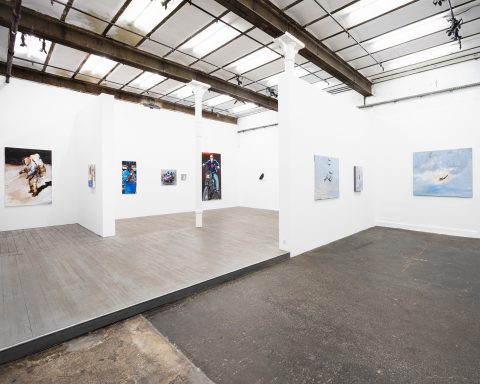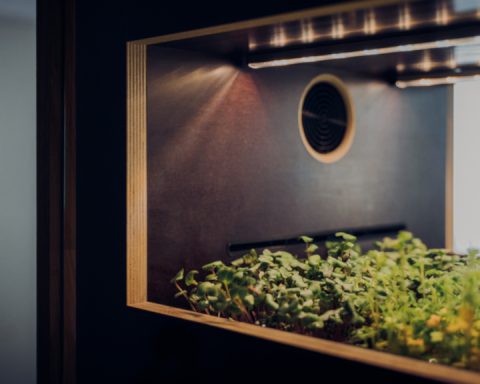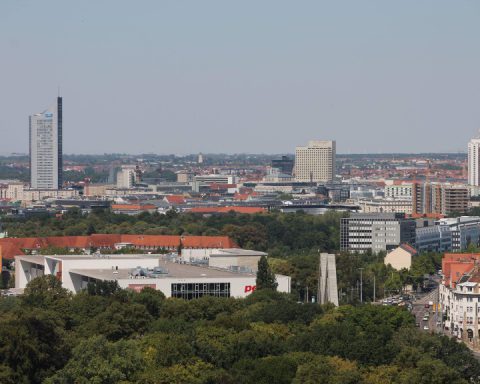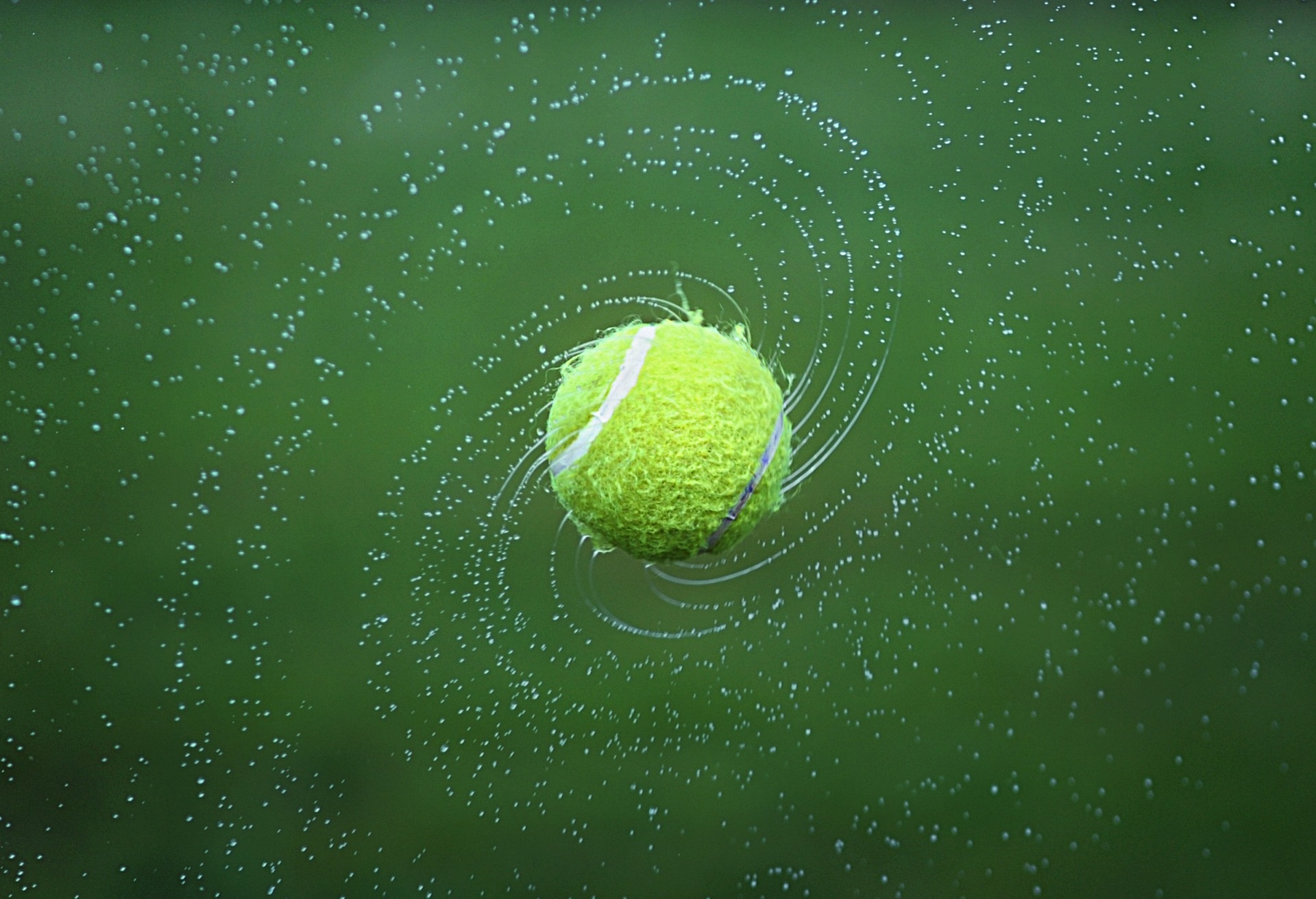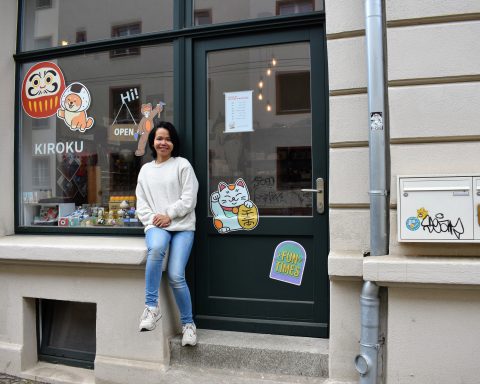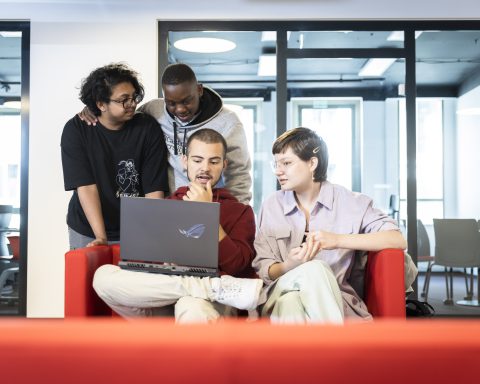It’s a Friday afternoon on Gießerstraße, and so many cars are zipping by that it’s hard to cross the road. I’m standing in front of Spreadshirt, one of the most successful Leipzig-brewed startups to date.
On the other side of this Plagwitz road stands Martin Jaehnert, once an avid hitchhiker, now juggling being a dad and managing a budding recycling-related enterprise named binee. He’s talking to a startup buddy he happened to run into, while motioning me over.
Like a slew of other hopefuls, binee is located nearby, in the shared working space the HHL SpinLab provides at Spinnerei. I’m smack in the middle of the Leipzig startup ‘hood, home of the young and bright, incubator of dreams that may peter out with the current grant or outlast the marathon to continuous cash flow.
Barely in his 30s and already a veteran in the startup scene, Jaehnert has seen binee through two generations – measured in startup time – since he and others came up with the idea at a Munich summer school in 2014. The third crop of talented 20- and 30-somethings is coming in now to roll out the startup’s new phase with Jaehnert.
I’m carrying a cardboard box lined with old cables, cellphones and such to feed the mother bin at binee’s headquarters, and learn more about what the startup’s been up to.
Simply put, bin(ee) “eats” your electronic waste, “spits out” (via e-mail) a store coupon as a reward, then gets picked up by DHL and shipped directly to the appropriate recycling facility. And in the startup world, it’s growing teeth.
As you can see in the map, there are several of these smart bins around Leipzig (and in Berlin and Chemnitz). Now, binee’s getting ready to expand the concept into local pharmacies to collect your old medicines without contaminating nature.
Jaehnert hopes to one day spread out farther, beyond German borders, but is careful not to give specific plans or a timeline right now, reeling from a period of payroll drought and of jumping from prize to prize, grant to grant to make ends meet. He now counts DM, Porsche and IKEA among binee’s clients, relying on a business model that mixes advertising (via the coupons) and corporate locations for some of the bins.
“The issue is that we’re not salespeople,” he tells me. “We got into this to solve an environmental problem we saw.”
Meaning: You come up with a nice idea you believe in, but figuring out your market, selling it effectively to your target audience, growing a client base, and keeping the money coming in long enough to survive and eventually thrive is a whole other story. This has put many a visionary out of business – hence the abundant material for and popularity of FuckUp Nights, and the fact that most startups do not live into toddlerhood.
The afternoon of our interview, co-workers are waiting for Jaehnert inside the somewhat hidden but long established hipster Chinese restaurant Chinabrenner, as they see a colleague off to her next adventure. Jaehnert invites me to sit with them and picks up my cardboard box, putting it in the middle of the restaurant table and calling it his “present.” He goes through its contents and advises me that the bin(ee) is not supposed to swallow batteries or light bulbs, but will take pretty much everything else crammed in my box.
He’s joking around with his team and smiling a lot.
Marilu Valente, co-founder of binee, is also smiling as she walks with her bike alongside Jaehnert and me to their office. Valente’s about to branch out into another business of her own, having designed a less wasteful shampoo bottle inspired by studying the contours of a carnivorous plant. (More on that in a later article.)
And such is the nature of startups – when a new idea grabs hold of you that’s stronger than you, you follow it. Entrepreneurs must be risk-takers to a certain extent, although Germany is still known as a bureaucracy-laden, risk-averse business market.
Meanwhile, binee had to simplify to be feasible.

In the row of SpinLab alumni where binee is located (having already gone through the main incubator program), prototypes of the bin’s previous incarnations also live.
Jaehnert shows me a small 3-D printed bin with a slot-like mouth that was supposed to say “Hmmm, that was yummy” after being fed, but which would prove too expensive to produce on a large scale and too restrictive on the size of the electronics it could swallow.
Next to it is a newer prototype, bigger, and supposed to assign different values to different electronics, but which would have been too difficult and expensive to maintain with its many wires being exposed to the outdoors.
So to bring the smart bin to the masses, the binee team has settled, for the time being, on an analog container with an electronic pad that’s based on trust rather than detecting what you put in. You punch in your e-mail address and request one coupon per electronic you’ve fed the bin. Valente, the smart bin’s designer, explains how it works and helps me dispose of my electronics into the belly of her binee baby.
“We haven’t really had a problem with abuse of the coupons,” Jaehnert says. “But there is a learning curve [with the system].”
As we talk, Jaehnert buzzes around between the circularly arranged desks where he sits with the rest of his small team, a separate office into which I’ve put down my recorder for the interview, the coffee machine where he makes us a cuppa, a large area with bean bags, and the offices of other startups he introduces me to for subsequent articles. No time to sit still in this scene.
And so it starts: LeipGlo’s series on Leipzig startups. Watch this space for more.


